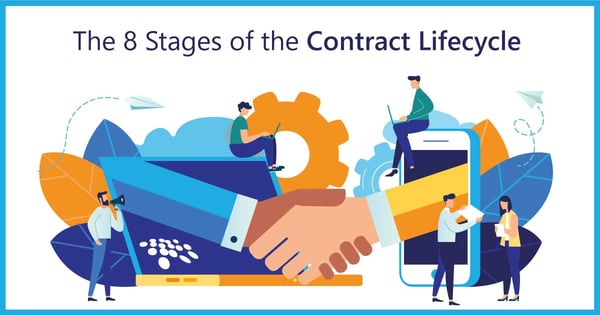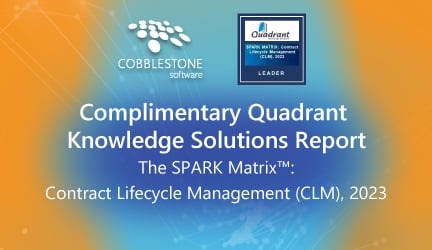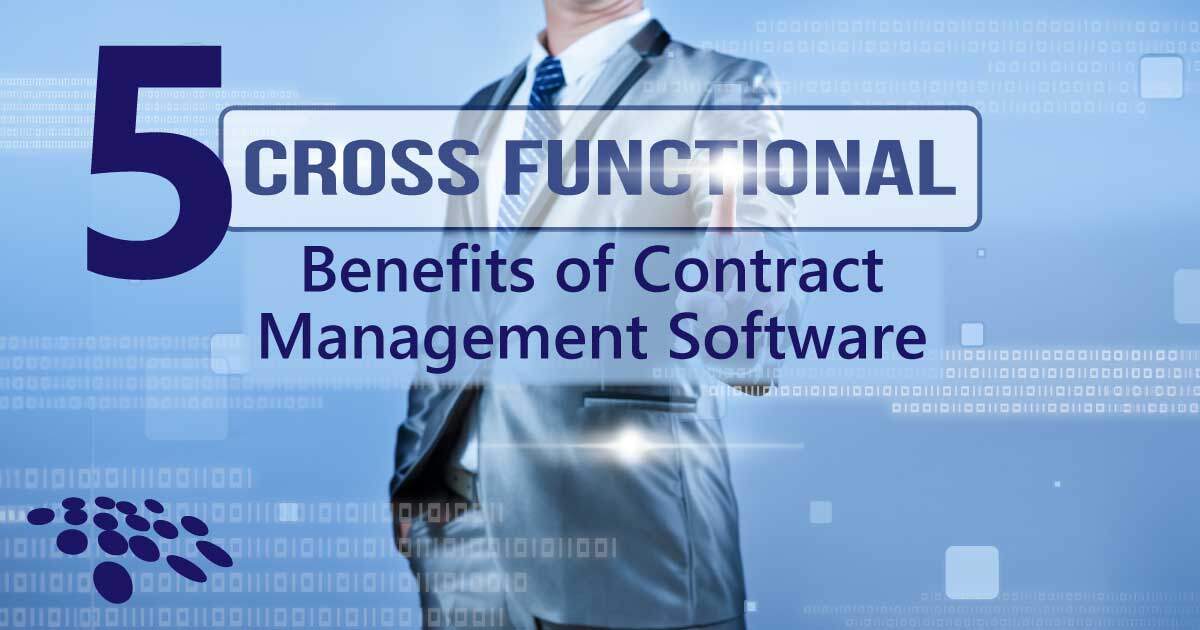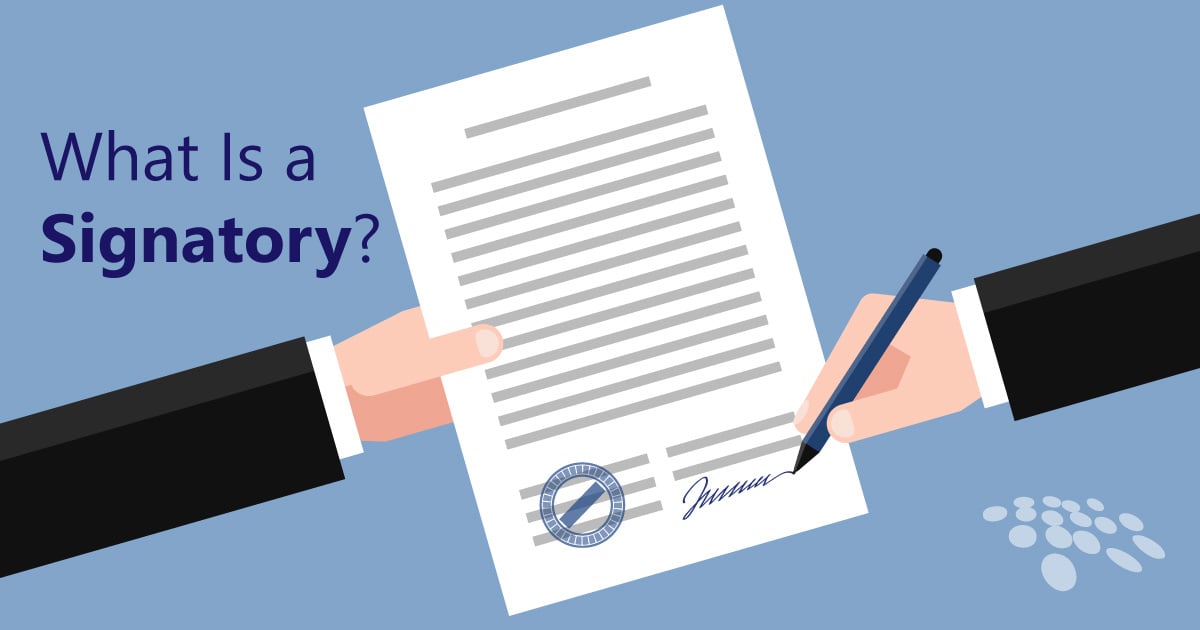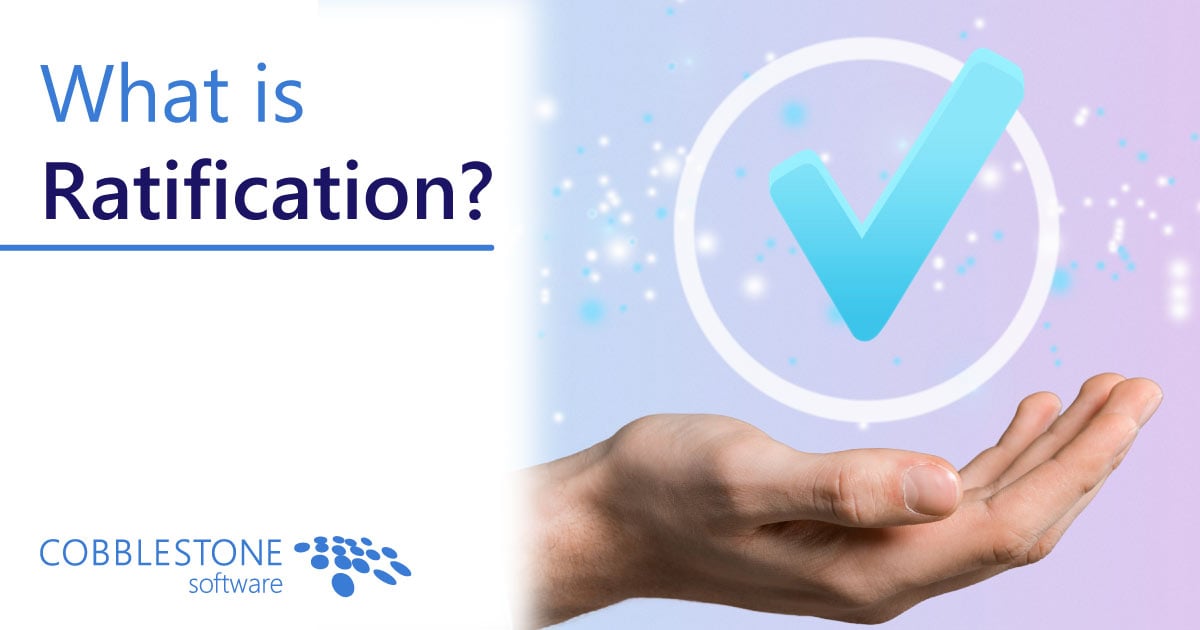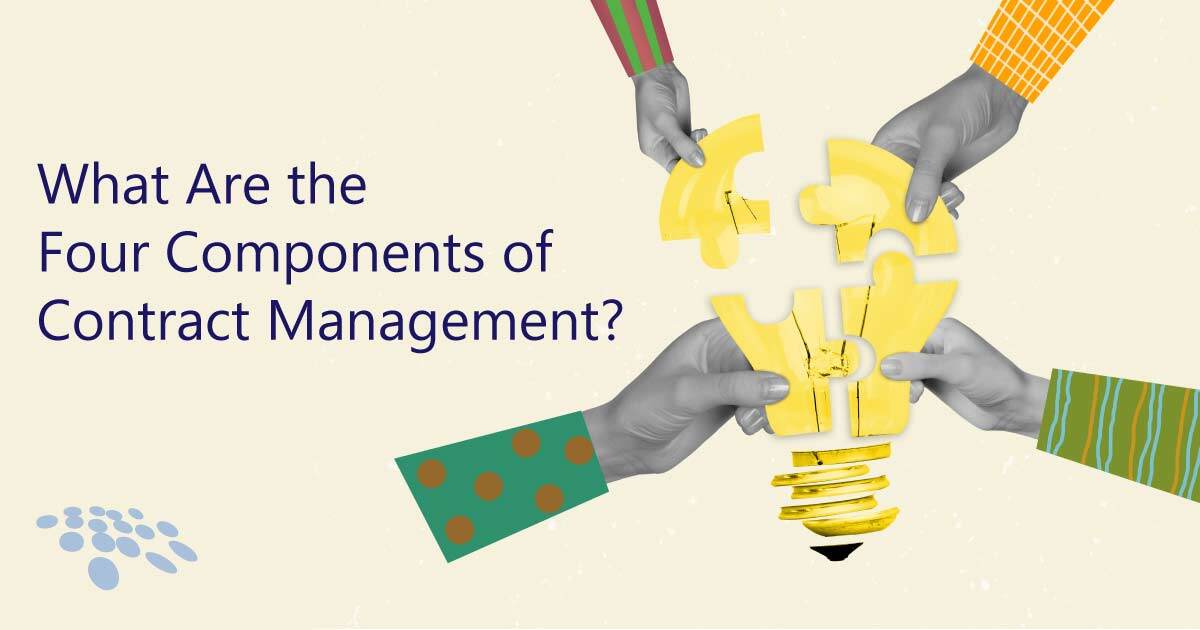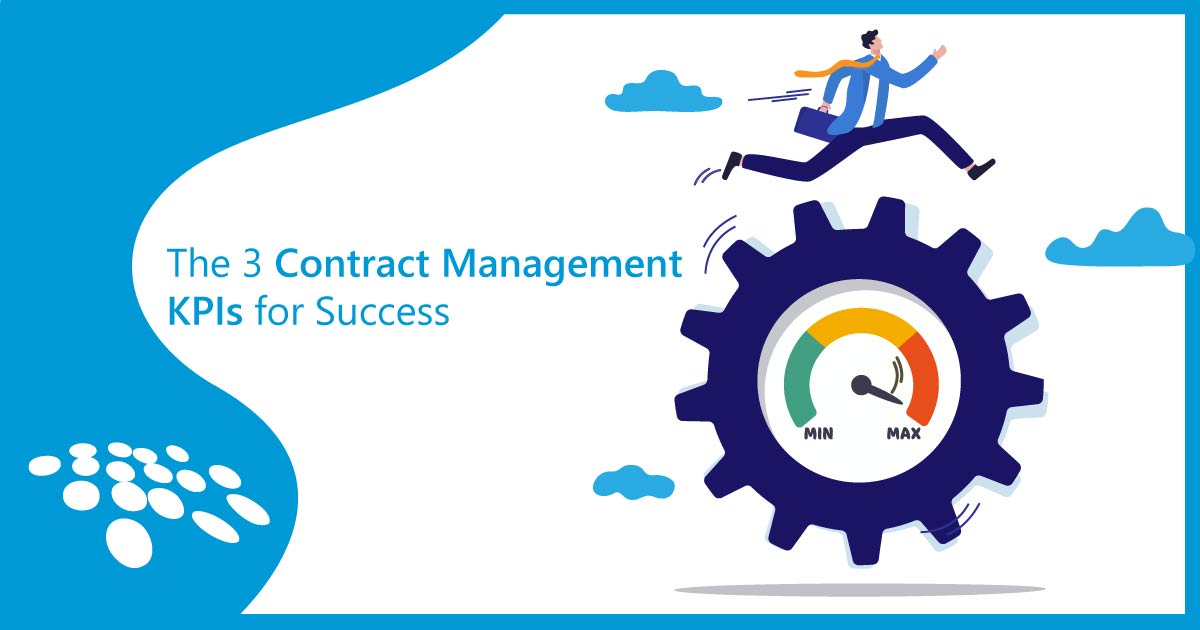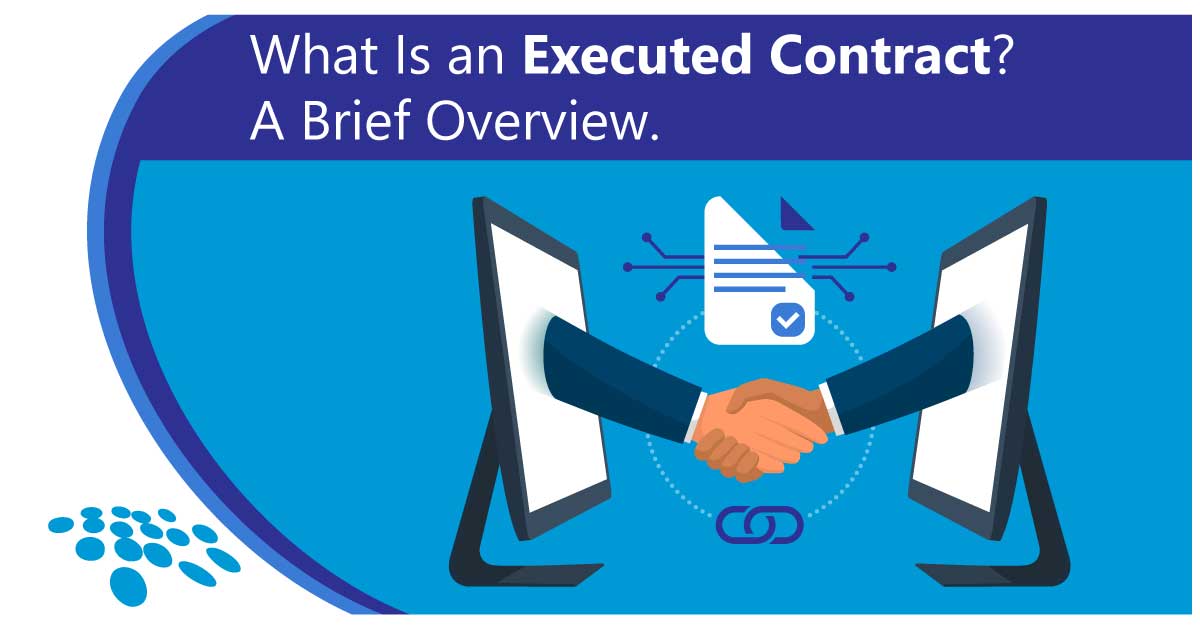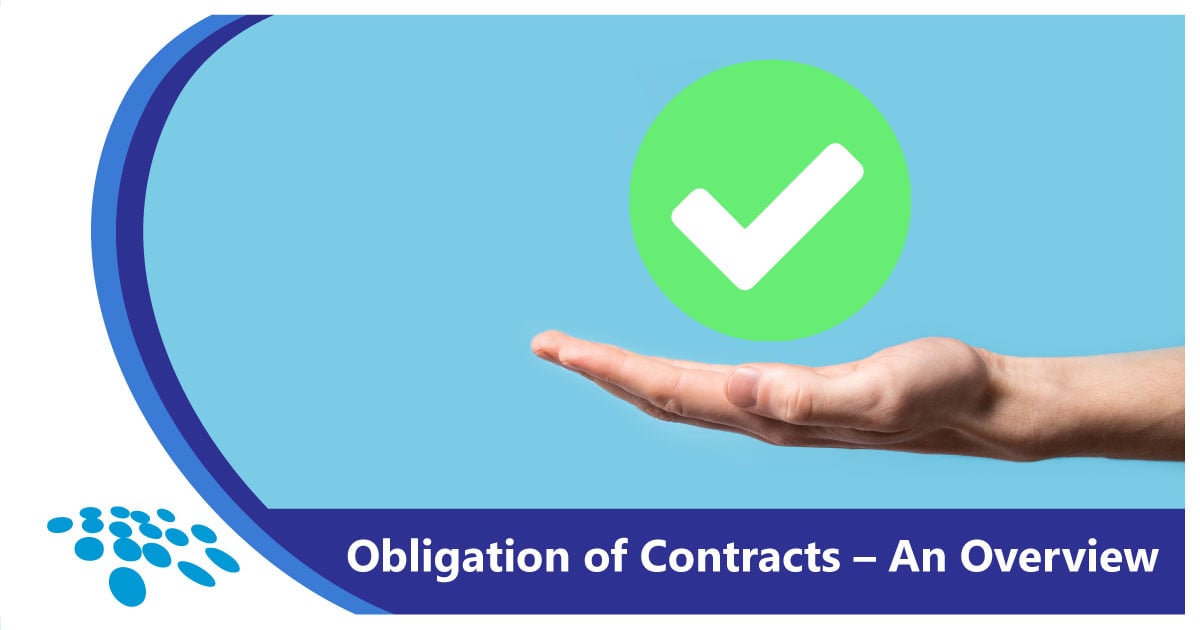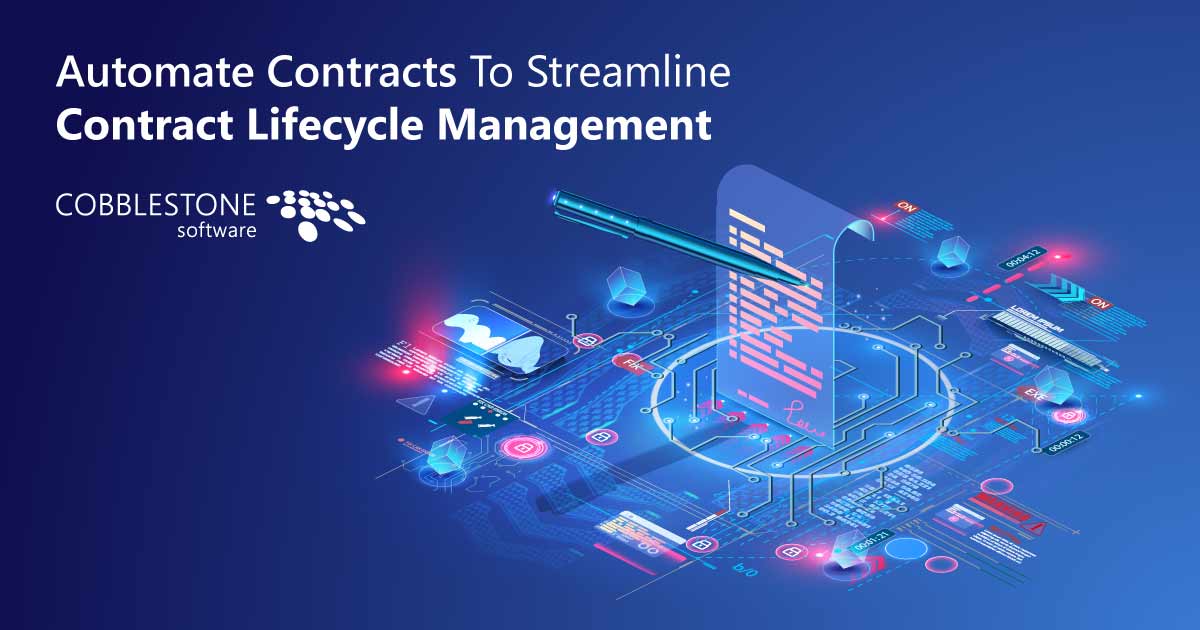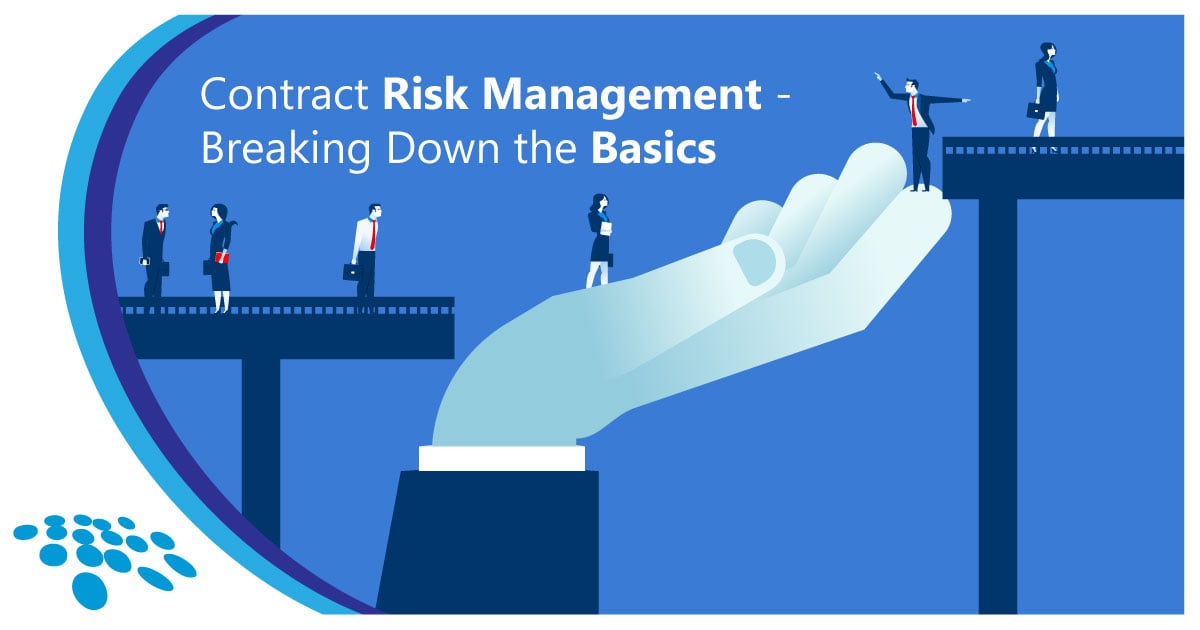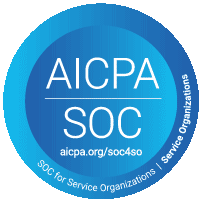Contracts are legally binding - and thus need to be executed properly. Legal teams should equip themselves with a thorough understanding of the contract lifecycle management process. The contract lifecycle is the process under which a contract is authored, reviewed, sent for signature, executed, and - potentially - renewed.
The "lifecycle" is an archetype used to compartmentalize and understand a contract's complex evolution. The lifecycle begins with contract requests and concludes when these requests are fulfilled - with the possibility of managing contract renewal. Let's further explore the eight stages of the contract lifecycle below and how digital contract management software can help streamline your contracting processes.
Stages of the Contract Lifecycle
Stages of the contract lifecycle management process are the evolutionary and compartmentalized contract processes – including pre-award and post-award contracting – that work together in cohesive contract management. The stages of the contract management lifecycle include the following.
- Requests
- Authoring
- Negotiations
- Approvals
- Signatures
- Obligations
- Compliance
- Renewals
Stage #1 - Contract Requests
This kick-off contract stage begins the contract lifecycle management process. In this stage, contract parties and stakeholders can express what they expect to get out of the contract. This first phase of the contract lifecycle allows parties and stakeholders to gather crucial details associated with a new contract, an amendment, a renewal, etc. The contract request stage can set the stage for whether a contract enjoys efficient processing or is plagued by delays and bottlenecks.
Stage #2 - Contract Authoring
Once contract parties have established and addressed contract requests, they have laid the foundation for contract authoring to begin. Also known as the contract creation stage, this phase of the contract management process sees contract parties putting the terms and conditions of a contract into writing by amalgamating standard contract clauses, key dates, counterparty information, and other essential contract data. It's important to keep in mind who is entering a contract, which services are being offered, and which terms have been agreed upon.
Stage #3 - Contract Negotiations
During the contract negotiation stage - arguably one of the most critical phases of the contract lifecycle management process - contract parties negotiate the framework of specifications drafted when creating contracts. After back-and-forth redlining and collaboration, agreed-upon terms and conditions provide clear insight into the expectations of contract parties.
Stage #4 - Contract Approvals
Once everyone involved is comfortable with the negotiations made, the contract goes through a second draft and is reviewed by the parties. Contract approvals should follow a general approval time as they bounce back and forth between both parties. How far along the chain of command the approval has to navigate can influence the duration of the approval process.
Once the parties are comfortable with the negotiations made, a final contract review is undergone by all involved stakeholders. Parameters are put in place to meet compliance standards, obligations, key dates, milestones, and special terms of a contract. For a healthy contract approval cycle, contract parties should provide an up-to-date and easily-accessible record of changes that have been made to the contract. As such, audit trails recorded by leading contract lifecycle management (CLM) software prove essential for efficient contract lifecycle management processes.
Stage #5 - Contract Signatures
After approvals, a chief employee or someone with signing authority can sign a contract. Contract lifecycle management software systems that offer user-friendly and robust electronic signature software can make it easier to sign contracts in the office or on the go, one-off or in bulk - in an increasingly mobile and digital landscape. Conversely, manual "wet signatures" are time-consuming and inefficient.
Stage #6 - Contract Obligations
Once the contract has been executed, all parties acknowledge their pre-defined responsibilities, milestones, contract key dates, deliverables, payment windows, and any other specific contract obligations. When tracking contract obligations, you should track task assignments, task escalations (to ensure timely task completion), obligation key dates, obligation milestones, task approvals, spend management, and more. As such, a one-stop, centralized CLM system for handling contract obligations helps you avoid breaches of contract and other hazardous consequences during this stages of the contract lifecycle management process.
Stage #7 - Contract Compliance
This stage of the contract lifecycle management process goes hand-in-hand with obligations. It is agreed upon that, along with those noted within a contract, general and type-specific contract rules, guidelines, standards, regulations, laws, and practices are complied with. Robust contract compliance management helps decrease late fees, litigation fees, and bottlenecks; while helping lay a firm foundation for future contracts.
Stage #8 - Contract Renewals
The last stage of the contract lifecycle management process can vary - depending on the type of contract. Contract renewal is applicable when the relationship between parties is beneficial, and the parties want to remain in contact to continue doing business with one another. Instead of needing to undergo all of the previously mentioned stages of a new agreement, parties are given the chance to revisit discounts, renegotiate terms, and engage in further opportunity realization more seamlessly - if stakeholders are equipped with leading-edge CLM solutions.
Streamline the Stages of the Contract Lifecycle With CobbleStone®
Don't waste any more time with disparate contract lifecycle management processes. To streamline the stages of the contract lifecycle and maximize your contract management processes, book your free demo of award-winning CobbleStone Contract Insight® CLM software.
CobbleStone's trusted, industry-leading, AI-backed contract lifecycle management software - CobbleStone Contract Insight - streamlines the contract management process with robust governance, reduced friction, and high flexibility from contract requests to renewals. Discover why thousands of contract managers trust CobbleStone Software with their contract management needs. CobbleStone has been a leader in CLM software for over twenty years. CobbleStone's user-friendly, robust, and scalable solution seamlessly connects with external applications, including Microsoft Word and MS Outlook, for unified and seamless contract management while reducing risk and helping contract managers maximize the benefits of contract lifecycle management. It's no wonder why Quadrant Knowledge Solutions recognizes CobbleStone as a CLM Leader in the Spark MatrixTM Report!
To stay up to date on best practices, industry news, and CobbleStone Software updates, be sure to subscribe to our blog and YouTube Channel.
This blog post was originally published on October 8th, 2018, and updated on May 20th, 2024.
*Legal Disclaimer: This article is not legal advice. The content of this article is for general informational and educational purposes only. The information on this website may not present the most up-to-date legal information. Readers should contact their attorneys for legal advice regarding any particular legal matter.



